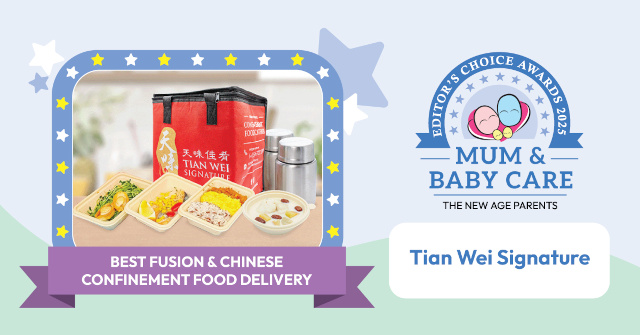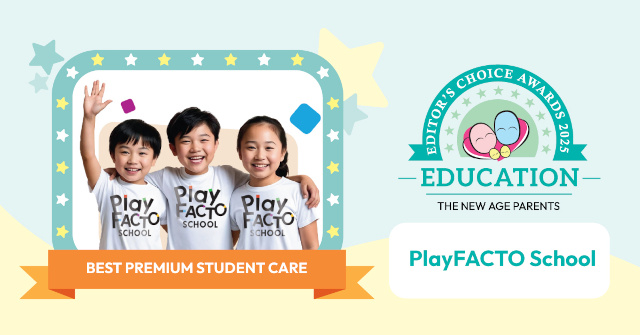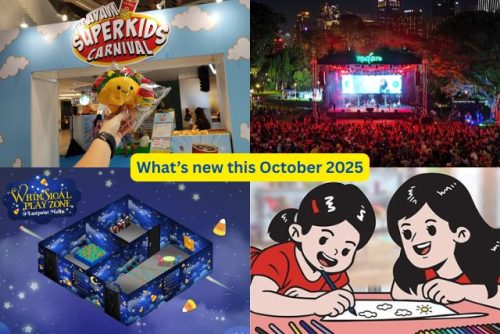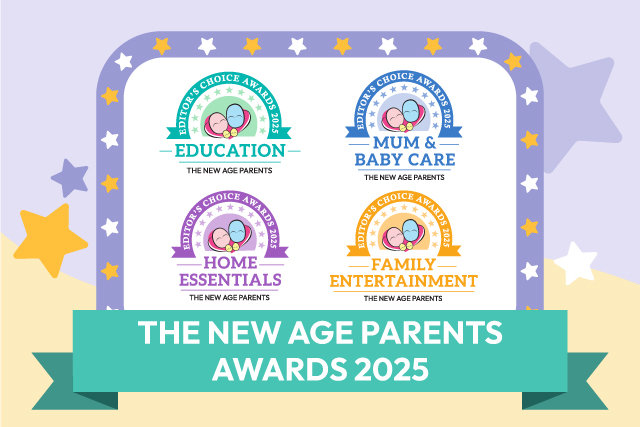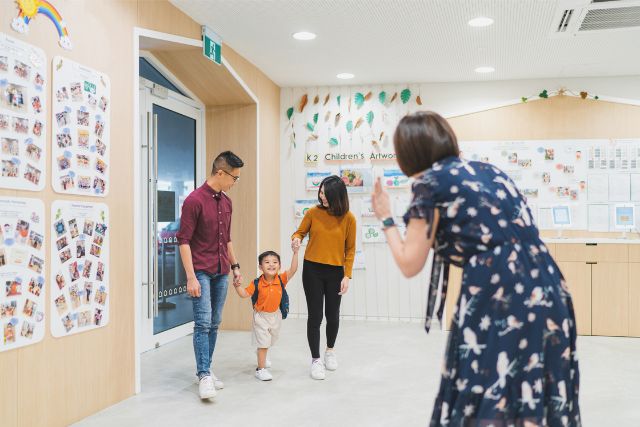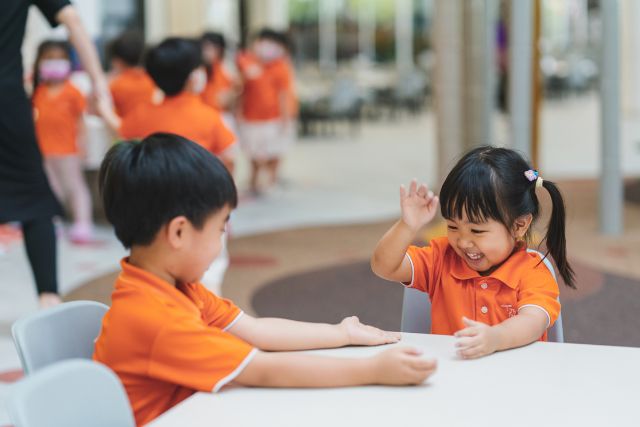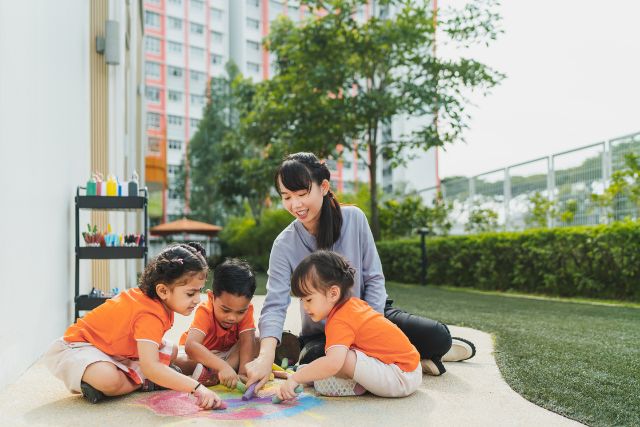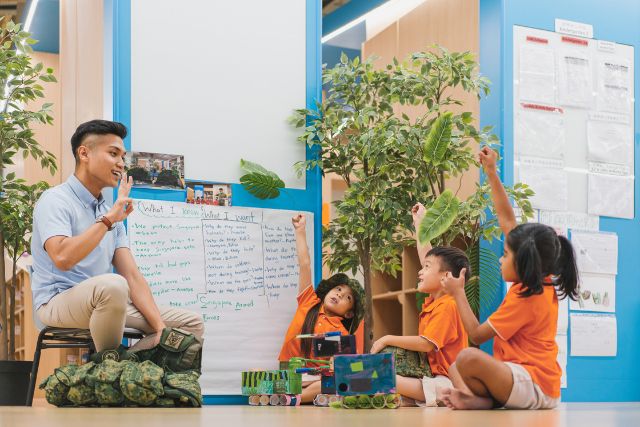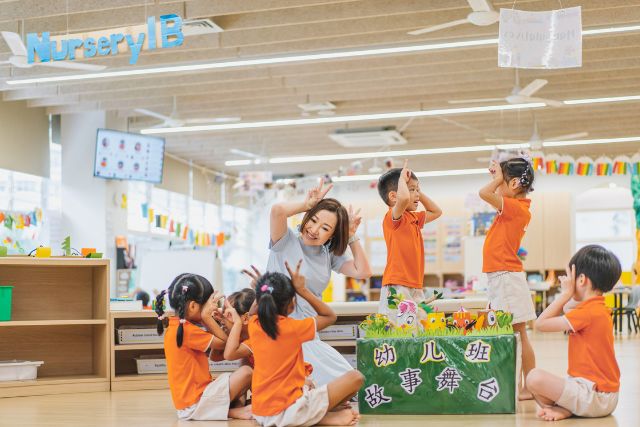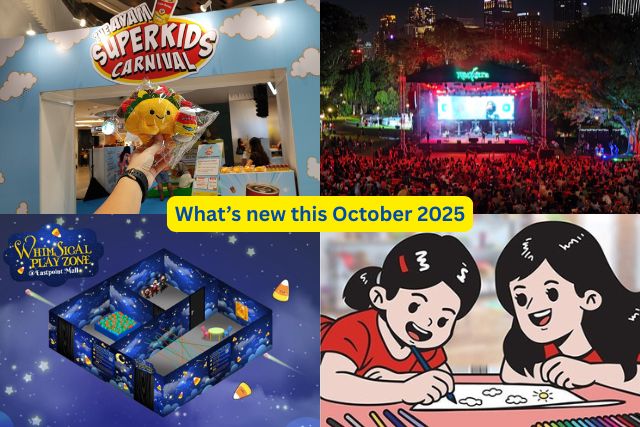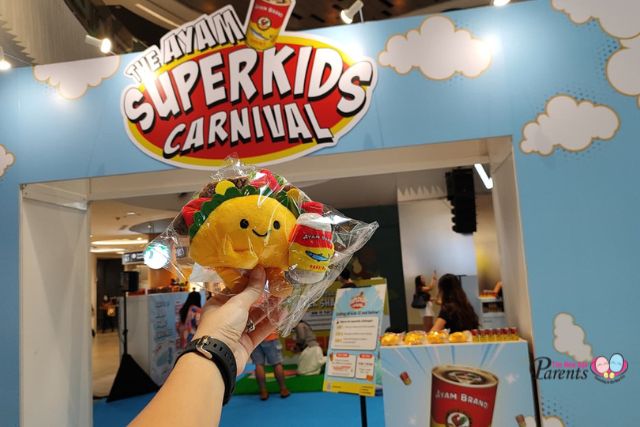When it comes to relationships, the ones children develop in their early years are fundamental in shaping their overall development. Through relationships, your little one learns how to think, communicate, behave, express their emotions and develop social skills. Their interactions with others, and observations of how people relate to one another, provide them a blueprint of how to behave in the world.
As such, secure, loving and stable relationships make all the difference in your child’s life. Given that your child spends a substantial part of their day in a school setting, the bonds between teachers, parents and children are especially important. When positive teacher-parent-child relationships are formed, your child is empowered to develop their self-confidence and self-expression as well – essential skills for them to navigate the world confidently.
Here are 5 reasons why teacher-parent-child relationships are pivotal in your child’s life.
1. They enable your child to develop socially and emotionally
Relationships form the backbone of your child’s socio-emotional development, from the moment of birth. A newborn baby’s first social interaction is through physical touch, followed by eye-to-eye contact. They have a preference for looking at face-like patterns, and seem to copy other people’s facial expressions – part of the early stages of learning how to imitate others. Parents’ response to their newborn, through interactions like cuddling, soothing or kissing, lets the newborn know that they are loved as well.
As children acquire speech and language skills, the way parents, caregivers, and teachers speak to them and handle their tantrums is important as well. For example, validating the way your child is feeling, whilst at the same time setting firm boundaries (i.e educating them that it’s not OK to act out in public), helps your child learn to deal with negative emotions. Through such interactions, your child is developing their social-emotional skills, and learning how to build meaningful relationships with others.
2. They help your child adjust to preschool life
Going to a preschool is a big transition for any toddler, especially if they haven’t been in a childcare environment before. After all, being immersed in a new setting with many unfamiliar teachers and students is very different from life at home with a few family members. Many children also experience separation anxiety when parting with their parents.
Since children spend a large part of their day in preschool, it is vital for them to form a strong bond with their teachers and feel safe and comfortable with them. This better enables them to cope and adapt to a preschool environment.
A working paper by Harvard University also reiterates the fact that relationships are critical to school adjustment. Children who develop warm, positive relationships with their teachers are more excited about learning, more positive about coming to school and more socially-confident.
Relationships with peers matter as well. Children who experience greater peer acceptance and friendship tend to feel more positively about the school experience.
When a child forms solid bonds with teachers and peers, such relationships create a sense of belonging and identity. This better enables them to adapt to their surroundings, and ease the home-to-school transition.
3. They boost your child’s learning and cognitive development
Strong relationships promote healthy brain development as well. During the first three years of life, infant and toddlers’ interactions with others actually wire their brains for survival – in anticipation of future functioning. The brain builds crucial structures and pathways that become the foundation for future emotional, social, language and intellectual ability.
As such, the relationships a child experiences, and the environments in which those relationships play out, become the building blocks of the brain. By being immersed in learning experiences with their caregivers, babies’ brains are shaped to function in the specific physical, social and linguistic environments of those caring for them. For example, a caregiver who performs routines in a gentle way, and uses language to help the child anticipate what happens next, teaches the child what caring relationships look like and supports language development.
And as children feel more comfortable depending emotionally on caregivers, they become more open and involved with lessons and daily activities in school. This in turn accelerates the growth of their learning capabilities and interests too.
The support of teachers in a preschool setting also influences a child’s developmental milestones. Such milestones include social competence, enhanced thinking and reasoning skills.
4. They empower children to excel and teachers to better support them
A parent’s relationship with their child’s preschool teacher is equally crucial. When parents and teachers develop a solid rapport and work as partners, children tend to fare better in school.
As such, it is important that parents and teachers communicate effectively and build trust. Research has also shown that when a partnership approach between parents and teachers is evident, children’s attitudes about school improve. They demonstrate fewer behavioral problems, better social skills and a greater ability to adapt to situations.
When children witness parents interacting and connecting well with teachers, this affirms their trust in teachers as well. It reassures them that authority figures who are important to them are working together, and have a positive relationship. It also helps them feel like school is simply a “home away from home”, rather than an intimidating new environment.
Through having regular interactions with parents, teachers also learn about children’s needs and their home environment. Being more informed, they are better able to care for your little one, by catering to their specific needs, personality and learning style.
5. They benefit children for life
Positive relationships are instrumental in nurturing your child’s resilience, communication and confidence. These are invaluable skills for when they mature into adolescence and adulthood. Such skills are required to form healthy relationships with others, solve problems and deal with challenges both at home and in the workplace.
Children who have strong relationships in the early years are also more likely to have better mental health later on in life. This is supported by studies such as a 2016 paper in the London Journal of Primary Care, which posited that without good initial bonds, children are less likely to grow up into happy and independent adults. Neglect, parental inconsistency and a lack of love can lead to long-term mental health problems, as well as reduced overall potential and happiness.
Therefore, by building a strong relationship with your child (and their teacher), you’re giving them a solid foundation for the rest of their life.
My First Skool’s curriculum is all about relationships
Looking for a preschool that recognises the importance of building lasting relationships in the early years?
My First Skool adopts a relationships-based approach and curriculum, as they believe children bring out the best in themselves through close bonds with their teachers and parents.
Teachers leverage on experiences and interactions to build such nurturing bonds. For example, they prepare classroom and play area environments based on their observations of children’s interests and needs. Children are given the opportunity to choose their preferred activities and interactions as well. This in turn builds an atmosphere of trust and fun.
Enrolment for children aged 2 months to 6 years is now open at My First Skool. Click here to register.
My First Skool is an Anchor Operator appointed by ECDA, for its commitment to providing quality and accessible preschool education for children in all neighbourhoods in Singapore.
This post is in collaboration with My First Skool.
By Rebecca Wong.
* * * * *
Like what you see here? Get parenting tips and stories straight to your inbox! Join our mailing list here.
Want to be heard 👂 and seen 👀 by over 100,000 parents in Singapore? We can help! Leave your contact here and we’ll be in touch.




